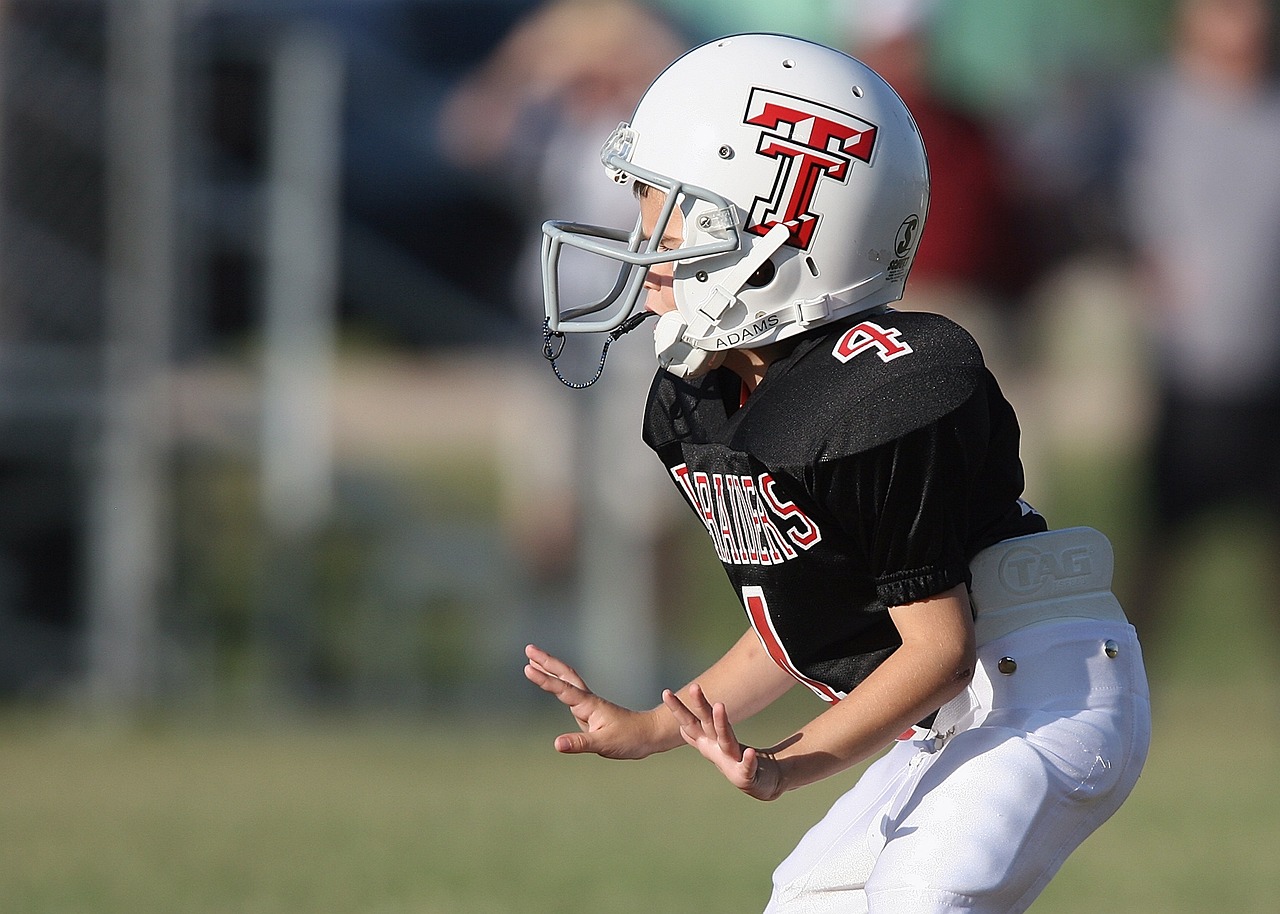How IPL Has Changed the Dynamics of Franchise Ownership
Playexch, Tigerexch247: Franchise ownership in the Indian Premier League (IPL) has witnessed a significant evolution since the league’s inception in 2008. Initially, the teams were owned by business magnates, celebrities, and conglomerates looking to invest in the burgeoning world of cricket. These owners brought with them substantial financial power and star power, adding glitz and glamour to the cricketing extravaganza.
As the IPL gained popularity and became a lucrative business venture, franchise ownership started transitioning towards a more diverse landscape. New owners, including local entrepreneurs, multinational corporations, and even international sports entities, entered the fray, reflecting the increasing global appeal of the league. This shift in ownership dynamics not only broadened the reach of teams but also diversified the investment portfolio in IPL franchises, leading to a more competitive and commercially vibrant sporting environment.
The Impact of IPL on Business Models
IPL has revolutionized the concept of business models in the realm of franchising. With the advent of this lucrative cricket league, franchise ownership has taken on new dimensions. Teams in the IPL have become not just sporting entities but powerful business brands that attract massive investments and sponsorship deals from both national and international corporations. This symbiotic relationship has led to the growth and diversification of business models within the IPL ecosystem.
The IPL’s impact on business models is evident in the way franchises have leveraged their brand value to explore revenue streams beyond traditional avenues. From merchandising, endorsements, and digital content to fan engagement events and team collaborations, IPL franchises have tapped into innovative strategies to maximize their commercial potential. This shift in approach has not only reshaped the revenue generation model for teams but has also influenced other industries to adapt and evolve their business strategies in a rapidly changing market landscape.
How has franchise ownership evolved in the IPL over the years?
Franchise ownership in the IPL has evolved from being primarily owned by individual investors to now being more commonly owned by large corporations and conglomerates.
What specific impact has the IPL had on business models?
The IPL has had a significant impact on business models by providing a platform for companies to increase their brand visibility, engage with consumers, and generate additional revenue through sponsorships and partnerships.
How have sponsorship opportunities in the IPL changed with the evolution of business models?
Sponsorship opportunities in the IPL have grown exponentially as businesses recognize the potential for reaching a large and diverse audience through association with the league and its teams.
What role do business models play in the success of IPL franchises?
Business models play a crucial role in the success of IPL franchises by determining their revenue streams, cost structures, and overall profitability. Franchises with strong business models are better positioned to achieve sustained success in the league.







